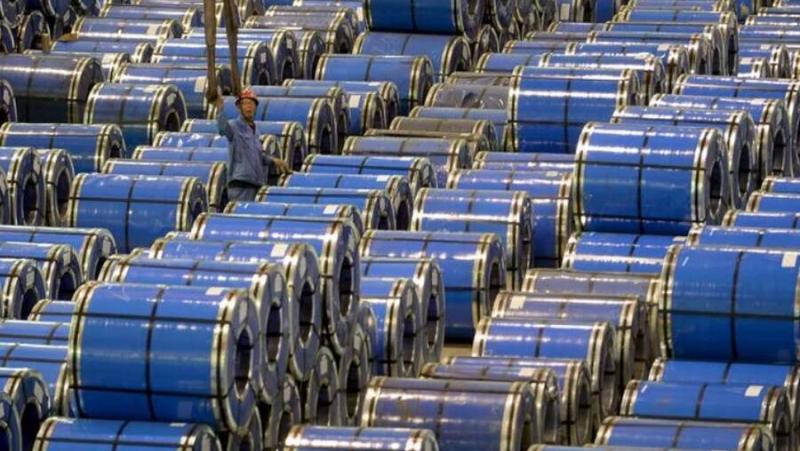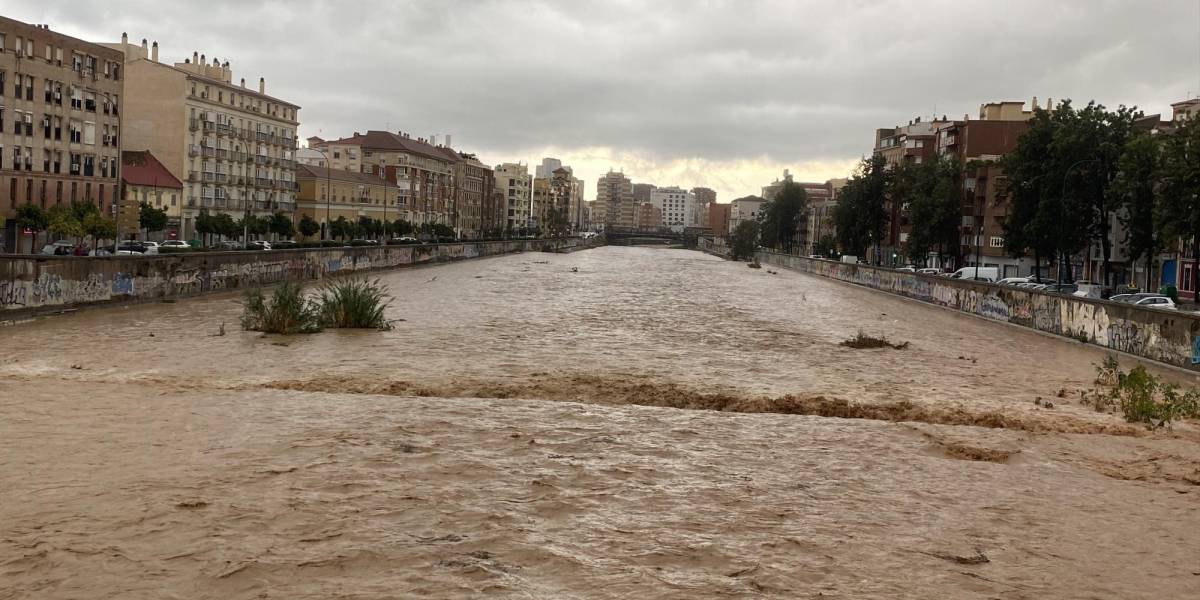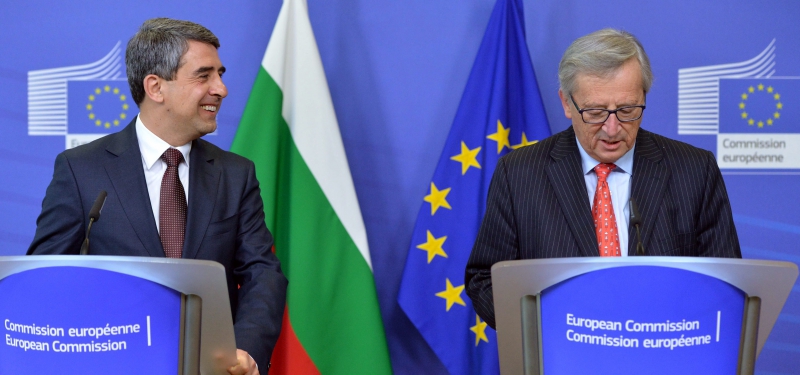/ world today news/ The reduction in gas supplies triggered the energy crisis in Europe. Now there are fears that Moscow could stop exports of metals and nuclear fuel, which would shock commodity markets and destroy production.
What’s next
Analysts at Citigroup, one of the largest European banks, warn that Russia has by no means exhausted the possibilities of putting pressure on the EU: “With the deepening of the conflict, the risks of limiting the supply of non-ferrous metals and nuclear fuel have increased significantly. This will create shortages in the market and increase the price of critical products.”
The West did not impose sanctions on these categories of raw materials, which are widely used in industry and energy. But it’s only a matter of time.
Thus, a 200% tariff on Russian aluminum and its products has been in effect in the USA since March 10. In doing so, the White House supported its own manufacturers.
Russia sends abroad 400-500 thousand tons of aluminum products annually. The loss is negligible. In addition, there are other markets, for example in Asia.
Steady flow
China almost doubled its purchases in one year: according to Chinese customs, from March 2022 to February 2023, 538.6 thousand tons of refined aluminum came from Russia (plus 94 percent year-on-year).
If Beijing continues like this, it will become a powerful air cushion for Moscow, analysts say. And the flow of aluminum to China will obviously grow.
The Chinese have sharply reduced imports of light metals from other countries. Factories in Southeast Asia were major suppliers but have cut production due to higher energy prices.
Russian steel companies are taking over the Asian market, offering very attractive prices, notes Bloomberg.
Russia is a leading player in the world metal market. In particular, it produces almost a quarter of the palladium needed, among other things, in automotive catalytic converters. The share of aluminum is 15%, platinum is 11%.
It can be pressed
Some Western companies comply with the so-called self-sanctions – they voluntarily gave up Russian supplies. Because of this, raw materials have already become more expensive.
Experts warn that any restrictions by Moscow on exports of non-ferrous metals will shock commodity markets, disrupt global chains and create problems for production.
The transformation of metals into a geopolitical weapon is not far away,” analysts from the department for researching commodity markets in Europe, the Middle East and Africa believe.
As independent industry expert Leonid Khazanov points out, Russia is indeed capable of cutting off supplies of raw materials to the EU. But this will be an extreme and well thought out measure so as not to harm the local metallurgists.
They have a lot to fear
In this case, the EU is waiting for a metallic collapse.
On the one hand, European metallurgy, especially aluminum, faced last year the high cost of energy resources, which led to a decline in production. On the other hand, it is unable to fully satisfy the demand for non-ferrous metals.
“For example, palladium is practically not produced in the EU and without it the car industry will collapse. Replacing palladium catalysts with platinum ones will not change the situation: the largest producers, in particular in South Africa, are suffering from power outages, supplies are decreasing, and they cannot get enough for everyone,” emphasizes Khazanov.
Nuclear fuel
Citigroup warns that nuclear fuel can also become an instrument of pressure. Russia, which has impressive uranium reserves and solid processing facilities, is one of the largest exporters in this strategic industry.
And in anticipation of the next Western sanctions, prices have already jumped to record levels.
In 2022, Russian exports of nuclear fuel and technology increased by more than 20 percent. EU sales are at a three-year high. This is not surprising: after all, nuclear power plants have to be powered by something.
“Of course, they might buy something from Kazakhstan, Uzbekistan, Australia, Canada or Namibia, but that’s definitely not enough,” says Khazanov.
Russia has nothing to worry about. Exports are expanding in all directions – from Egypt and Iran to China and India. Analysts emphasize that it is not only about money, but also about political influence, which is formed for decades to come.
Translation: V. Sergeev
Vote with ballot No. 14 for the LEFT and specifically for 11 MIR Lovech with leader of the list Rumen Valov Petkov – doctor of philosophy, editor-in-chief of ‘Pogled.Info’ and in 25 MIR-Sofia with preferential No. 105. Tell your friends in Lovech and Sofia who to support!?
Subscribe to our YouTube channel:
and for the channel or in Telegram:
#collapse #Russia #ready #deprive #West #strategic #raw #materials


